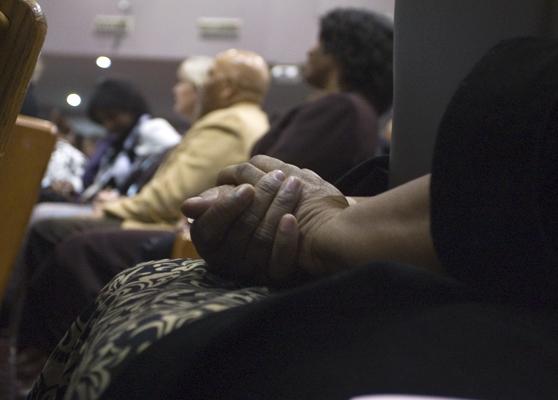ASI members busy this summer

The State Hornet
Claire Padgett
June 29, 2009
Although student elections are over and the spring semester comes to a close, the work has not ended for members of Associated Students, Inc., as they prepare for the ASI administration in the fall.
Roberto Torres, who will officially become the new ASI president on Friday, said he has several ideas for the student government next year, but is uncomfortable making specific plans until he has input from other board members.
Though the board will not complete its formal plan until members meet at the end of summer, Shawn Smith, director of graduate studies, said ASI needs to stay active in its lobbying efforts at the Capitol and continue its involvement with the California State Student Association to help fight possible future budget cuts.
“Considering the current budget situation, ASI will have an uphill battle, but with continued effort, we should be able to minimize potential budget cuts,” Smith said.
Smith said student representation in the Student Fee Advisory Committee, Strategic Planning Council and the University Budget Advisory Committee will continue to be critical for ASI next year.
“ASI will be looking to fill committees to ensure that students are well represented on the campus level,” Smith said.
ASI Executive Director Pat Worley has no idea what projects or goals ASI will be working on specifically next year, but she said that the student government will continue to work on making itself a source of student involvement on campus.
“We have a really clear mission which is to provide experiential learning, leadership development and service to our students, so I can say that with 100 percent confidence,” Worley said.
Worley said the board’s plans for next year cannot be finalized until all new elected board members go through a review process. This will ensure that they have met all of the eligibility requirements to take office and the new board is official.
“That body of students needs to collectively come together and decide among themselves what are going to be their priorities and focus,” Worley said.
Once the new board is official, it may then create a formal plan for the school year; the outcome of that plan will depend on the outcome of ASI’s annual end-of-summer retreat.
Board members gather before the fall semester begins to bond and spend time familiarizing themselves with the other members’ agendas. Though the destination this year is still to be announced, in previous years they have gone to Saratoga and Camp Gualala. Torres said that once Smith is officially in office, he will be responsible for coordinating their trip.
Torres has enjoyed several past retreats and spoke fondly of them.
“We get the chance as the board of directors to kind of bond with each other,” Torres said. He thinks the retreats allow board members to find out how they need to work with each other next year in order to make ASI grow and become more successful.
“The retreat is really important for kind of dictating how the year’s going to play out.” Torres said.
He thinks that because work relationship dynamics among board members can affect the development of projects that the retreats play an important role in helping them govern effectively.
However, it will be all back to business when the board returns to campus and will be facing the obstacle of how to provide services to students in the face of several measures rejected in the election.
Marshall Wilson, senior business marketing major, said he voted in the election for more funding for Recreation Sports and the Athletics Department because he would like to see more sports opportunities on campus.
“I used to go to (Arizona State University) before and?they’re really big on their sports over there,” Wilson said. “Even though there is a lot of sports here, maybe just kind of revamping that.”
Ashley Smith, senior business management major, did not vote in the election but she would like to see additional parking for students.
Wilson thinks creating more parking would only work against ASI’s goal to make the campus more green and pedestrian-friendly by unintentionally encouraging people to drive to school instead of walking, biking or using public transit.
“I don’t drive here, so I walk or ride my bike – obviously parking isn’t an issue for me,” Wilson said. “I think if they want to make it?an actual college campus and not a commuter campus, that’s one thing they could probably stomp on is the parking.”
Julia Baum can be reached at [email protected].






















































































































